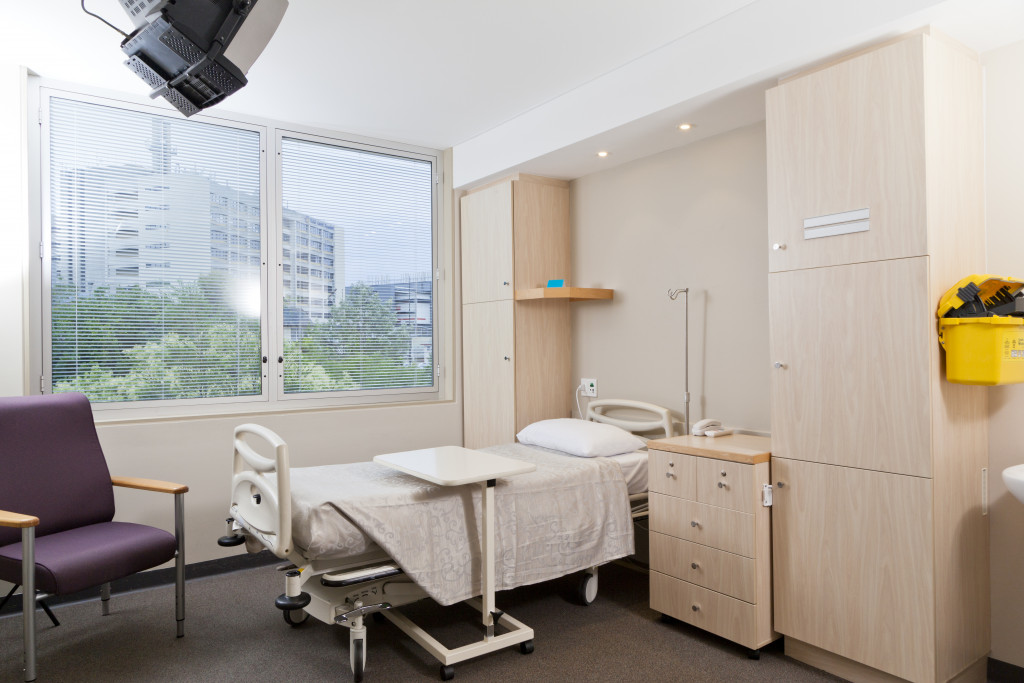Rural hospitals serve as the go-to healthcare provider for people living in remote areas. These help in improving their health and well-being. This also aids in providing jobs to rural community members as well. According to research, rural hospitals are often the second largest employer in rural towns. But despite all the benefits these healthcare institutions have to offer, many rural hospitals all around the world stay neglected.
Some hospital areas in rural areas don’t get as much attention as those posted in cities. These face the possibility of closure, threatening the jobs of many healthcare and non-healthcare professionals while putting the health of the rural population at risk. Without rural hospitals, residents of remote areas will have a hard time gaining access to healthcare.
This shows that without access to rural healthcare, the health, livelihood of the people, and the economic stability of the community can suffer. Unless the government does something to improve the state of rural hospitals, such a threat will never be eliminated. The following are four examples of challenges threatening the existence of rural hospitals.
Communication Issues
Communication is a major problem in many rural healthcare settings. Most rural hospitals lack a uniform communication system which could make healthcare a better and easier affair for professionals. Since this is the case, healthcare providers need to use whatever strategy they can to ensure constant and timely communication for the sake of their patients.
Some doctors and nurses use their devices to reach the right contact. While this is one solution that has worked in the past, one of the main issues of such a strategy includes security challenges and compromised patient confidentiality. When the other cannot pick up the phone on time, many things can happen that can already put the patient’s life at risk.
Lack of Specialized Healthcare Services
Many rural hospitals are not able to cater to the special needs of many patients. They can only handle emergency care, lab testing, home health care, inpatient care, long-term care, primary care, maternity care, and rehabilitation. But when it comes to other specialized services, they lack the capacity and funds to offer things like onsite dialysis.
According to Kidney.org, the estimated number of American adults with Chronic Kidney disease is 37 million. This means a considerable number require dialysis care management solutions each week. Without a customized treatment in rural hospitals, patients will have to travel far to get what they need each week.

Security Threats
Today’s hospitals now make use of electronic health records, along with other tech-based services, to improve the quality of healthcare provided to patients. This helps in providing real-time access to patients’ charts, making it easier for healthcare providers to make the best medical decisions at the right time. But with this technology, this made hospitals more at risk of cybersecurity threats.
Ransomware attacks hit many hospitals in the U.S. during the crisis. They managed to break into the hospital’s network and cause chaos in the lives of healthcare professionals. Without strong access to cybersecurity measures, the quality of care provided by rural hospitals will be affected, and many lives could turn out for the worse.
Lack of Staff
Each year, rural hospitals lose hundreds of staff. Rural nurses take up travel nurse positions that offer a considerably higher salary than what they get if they stay in rural hospitals. Some also choose to move to big cities in favor of better pay.
Rural hospitals often have a hard time hiring and keeping their doctors. According to a study, one out of four people who live in rural areas cannot receive the healthcare they need due to the shortage of rural doctors. As of December 2018, more than 100 rural hospitals have already shut down, with healthcare professional shortages being one of the reasons.
Financial Problems
Rural hospitals mostly rely on government funds. These rely on government taxpayers and patients who are mostly older populations with chronic healthcare conditions. Many of these institutions are also unable to predict their cash flow due to the low volume of patients.
Some patients also leave their bills unpaid. Due to the ongoing financial problems, rural hospitals cannot provide additional services needed by their patients. This also makes it challenging to keep their staff who also need a good source of income.
Many challenges are stopping rural hospitals from providing the best possible healthcare to those living in rural areas. If this continues, the health of the people living in remote communities will continue to suffer. More healthcare professionals will leave their posts, and many more will die due to the lack of healthcare facilities catering to their needs at the time of need.

